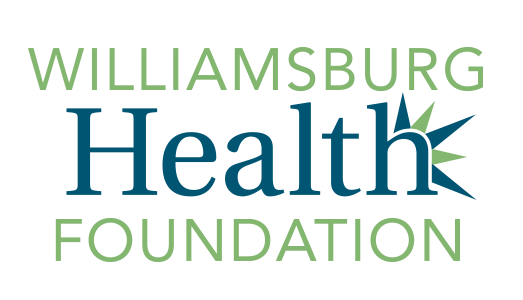Grant Forms
WHF Glossary of Terms
This glossary is intended to clarify the terms that appear on the Foundation’s grant budget forms. The terms are sorted in two ways: (1) by the document on which they appear and (2) in alphabetical order.
Program Budget Form
Additional Donated Income
Revenue or resources from contributions and grants, not from WHF, that support program operations.
Contract Services/Professional Fees
Expenditures resulting from engaging the services of someone with specific expertise, such as an attorney or accountant, not on agency staff.
Earned Income
Revenue generated from services rendered, work performed, or the sale of goods, not fundraising events.
Employee Benefits
Employer-paid taxes, health or life insurance, retirement contributions, or other similar employee benefits that are not salaries or wages.
Equipment
Durable items needed to operate the program include, but are not limited to, office machines, vehicle parts, and medical devices.
Fiscal Sponsorship
A formal arrangement in which a nonprofit organization, a 501(c)(3) public charity, or a government agency sponsors a project or program that may lack exempt status or otherwise benefit from technical assistance. Services that qualify as technical assistance include bookkeeping and accounting, payroll, fundraising, office management, and insurance.
In-Kind Support
A donation of goods or services as opposed to money.[1] May not include salaries paid to employees of the grantee organization.
Indirect Costs
General or administrative costs necessary to deliver program services or activities but are not readily identified with a specific project or activity (i.e., utilities).
Office Space
Cost of rent, mortgage payment, or other expenses related to the organization’s facilities or place of business necessary for operating the program.
Other
Any other expenditure that does not fall under the enumerated expense categories. Organizations should explain the information in the “Other” category in the Budget Expense Narrative form.
Salaries and Wages
Amount of cash compensation paid directly to employees.
Staff/Board Training and Development
Costs for attending conferences or seminars, obtaining professional certifications, or other activities intended to improve knowledge and capability.
Supplies
Non-durable materials needed to successfully operate the program, including, but not limited to, office supplies and medical products.
Telephone/Utilities
Phone, internet, cable, electricity, water, sewage, and other utility expenses.
Travel-Related Expenses
Costs associated with travel, including mileage and lodging.
Volunteer/Contributed Time
Hours contributed by volunteer workers. (Considered as In-Kind Support).
Program Expense Narrative
Expense Category
The line items listed under “Personnel” and “Non-Personnel” on the Program Budget Form (salaries and wages, office space, etc.).
Itemized Expenses
This column provides the opportunity to describe exactly how much is spent on each item that falls within that expense category. For example, the applicant may individually list the salaries of all the employees covered by the grant.
Program Income Form
Anticipated Funds
Funds requested and/or applied for to support the program.
Committed Funds
Funds already acquired, promised, and/or approved to support the program.
[1] National Philanthropic Trust. “Philanthropic Dictionary.” https://www.nptrust.org/philanthropic-resources/philanthropic-dictionary/?/philanthropy/philanthropy_dictionary.asp

